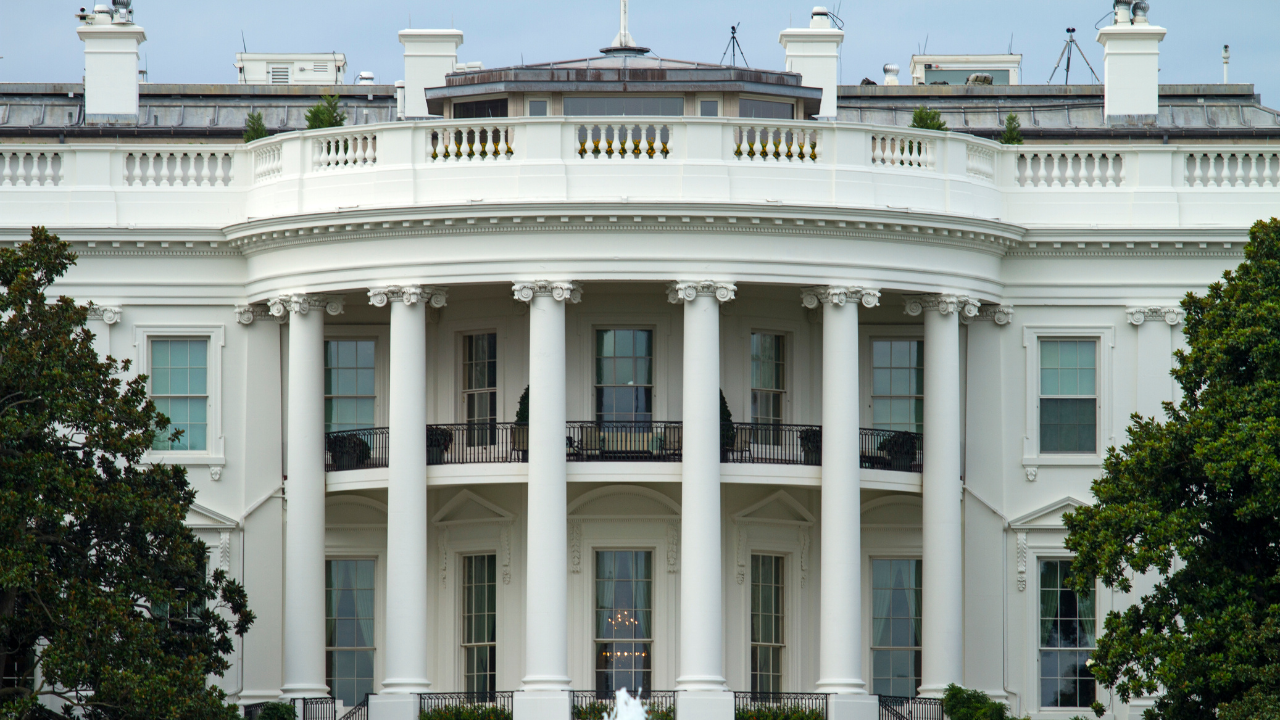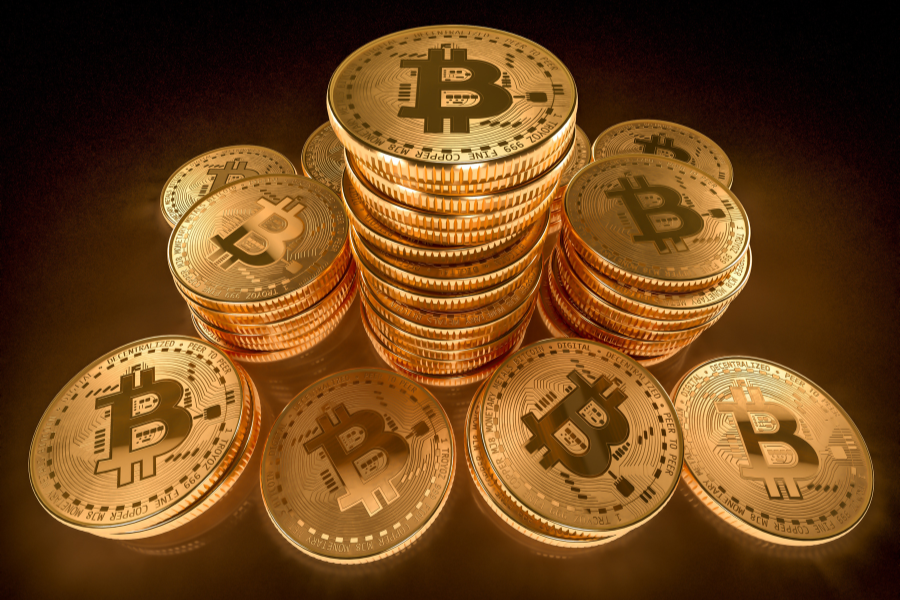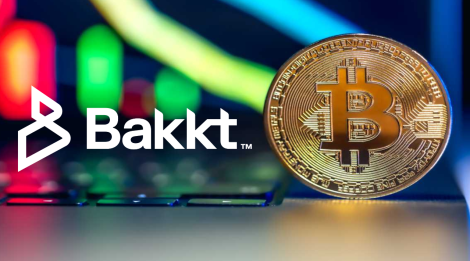White House Reportedly Considers Expanding Bitcoin Holdings

In what could become the biggest government crypto move ever, the White House is reportedly considering a proposal to dramatically expand America's Bitcoin holdings. This potential shift reveals a stunning evolution in how the world's economic superpower views digital assets—from suspicious novelty to strategic necessity.
But should the government that once dismissed crypto as a criminal tool now become one of its largest holders?
Your Tax Dollars at Work: The Secret Bitcoin Stash
America already holds more Bitcoin than you realize.
Few citizens know that federal agencies currently control an estimated 205,000 to 250,000 Bitcoins—roughly $10-12 billion at today's prices. This digital fortune wasn't purposefully assembled. It was confiscated from criminals.
The Justice Department has seized astronomical amounts. Remember the Silk Road takedown? That netted over 69,000 BTC. The Bitfinex hack recovery? Another 94,000 BTC.
What happens to all these coins?
They get auctioned to the highest bidder—a practice that now looks increasingly shortsighted.
"The government has essentially been selling Bitcoin at what turned out to be bargain-basement prices," explains blockchain policy analyst Marcus Chen. "Some coins auctioned for under $1,000 would fetch over $40,000 today."
This liquidation policy is exactly what the new proposal aims to reconsider. Should America hold what it captures instead of selling it?
And the bigger question: Should it start actively buying more?
The Million-Bitcoin Mission: Inside Congress's Audacious Plan
While the White House contemplates, Congress is racing ahead.
How many Bitcoins do lawmakers think America should own? One million.
In March, a bipartisan group introduced the BITCOIN Act (Backing Innovation, Technology, and Creativity in Our Nation Act)—legislation establishing a strategic national Bitcoin reserve of up to 1 million BTC.
Let that sink in. One million Bitcoin equals roughly $45 billion at current prices—more than many countries' entire sovereign wealth funds.
The bill's champion, Representative Tom Emmer (R-MN), frames it as a national security imperative. "Nations that control the future of money will control the future of commerce and geopolitics," he declared during a recent hearing. "America cannot afford to fall behind."
How would they accumulate so much Bitcoin?
The legislation outlines a 5-7 year acquisition strategy combining:
-
Retaining seized assets rather than auctioning them.
-
Strategic market purchases during price dips.
-
Government mining operations on federal land using renewable energy.
Critics have branded the proposal everything from "visionary" to "utterly reckless." But with surprising support from both parties, the administration can no longer dismiss what was once considered a fringe idea.
Are your representatives already deciding the future of America's relationship with digital currency?

The Global Bitcoin Race: Why Other Nations Already Jumped Ahead
America isn't pioneering this approach. It's playing catch-up.
El Salvador made history in 2021 by adopting Bitcoin as legal tender and accumulating over 2,700 BTC for its national reserves. Despite fierce criticism and domestic opposition, President Nayib Bukele has doubled down, claiming increased tourism and financial inclusion.
But this isn't just about small nations making desperate moves.
Germany's central bank silently holds approximately 1,800 BTC from criminal seizures. Singapore's sovereign wealth fund has invested in Bitcoin mining operations. Even conservative Gulf states have begun allocating portions of their massive wealth funds to digital assets.
The United Kingdom recently changed regulations to allow its treasury to hold cryptocurrency directly.
"We're witnessing the early stages of a seismic shift in how nations view digital assets," says Dr. Laura Kim. "The question isn't whether governments will hold Bitcoin, but which ones will accumulate enough to matter in global power dynamics."
What happens when America—controller of the world's reserve currency—joins this trend?
Beyond Speculation: Why Powerful Nations Want Bitcoin Now
The case for national Bitcoin reserves isn't about getting rich quick.
Government insiders point to several strategic advantages that transcend simple investment returns:
Inflation insurance. Bitcoin's capped supply of 21 million coins stands in stark contrast to unlimited fiat printing. As one Treasury official reportedly said in private meetings: "When we print dollars, we devalue our own reserves. Bitcoin offers a potential counterbalance to that self-inflicted wound."
Debt management options. With national debt approaching $35 trillion, Bitcoin holdings could eventually provide alternative financing mechanisms beyond traditional Treasury bonds.
Technology leadership. Embracing Bitcoin could accelerate American dominance in blockchain innovation, creating regulatory influence and economic opportunities.
Geopolitical leverage. As more nations explore digital currencies, including China's advancing digital yuan, a Bitcoin position provides strategic options in an increasingly uncertain monetary future.
Do these arguments convince you?
Not everyone finds them persuasive. Critics emphasize Bitcoin's notorious volatility, environmental footprint, and murky regulatory status as reasons for extreme caution.
"The government shouldn't gamble with taxpayer money on speculative assets," Federal Reserve Board member Christopher Waller has publicly stated, opposing such proposals.
But supporters counter that strategic reserves aren't about day trading.
"We're thinking in decades, not quarters," one White House economic advisor reportedly argued.
Can a government known for short-term thinking successfully execute a multi-decade strategy?
From Seizure to Strategy: The Path to a Bitcoin Treasury
If approved, how would this massive Bitcoin acquisition actually unfold?
The simplest approach would be halting the auctions of seized assets. This alone would add thousands of Bitcoins annually with minimal political resistance.
Direct market purchases present greater challenges. They would require:
-
New treasury facilities for ultra-secure custody
-
Transparent acquisition protocols to prevent market manipulation
-
Congressional funding appropriations
-
Regulatory clarity from agencies like the SEC
"These operational challenges are enormous," warns crypto security expert Jennifer Morris. "When you're safeguarding billions in digital assets, custody isn't just a technical problem—it's a matter of national security."
Some proposals advocate a public-private partnership model, leveraging industry expertise while maintaining government oversight.
Others recommend dollar-cost averaging—making small, regular purchases to minimize market impact and price volatility.
The most ambitious vision involves establishing government mining operations on federal land using renewable energy sources—effectively creating a "national Bitcoin mint."
Washington's Crypto Civil War: The Powers Fighting For Control
Behind closed doors, a fierce battle is unfolding.
The Treasury Department remains deeply skeptical, with Secretary Janet Yellen previously dismissing Bitcoin as "extremely inefficient" and questioning its fundamental value.
The State Department sees potential foreign policy implications, especially in countering China's digital currency ambitions.
The Defense Department has quietly explored blockchain applications for years, viewing the technology as strategically significant regardless of investment considerations.
Meanwhile, a generational divide cuts across all agencies.
"There's a stark age gap in how government officials view crypto," observes political analyst Robert Torres. "Younger staffers who grew up with digital technology intuitively grasp Bitcoin's potential in ways their bosses simply can't comprehend."
Industry leaders have predictably championed the possibility. Michael Saylor, whose company MicroStrategy holds over 200,000 BTC, called the proposal "the most important financial decision the government could make this decade."
But environmental organizations have raised alarms about energy consumption, while consumer advocates worry about legitimizing what they still consider a speculative bubble.
Who do you think should win this internal power struggle?
America's Bitcoin Crossroads: What This Means For Your Future
If the White House moves forward with expanding Bitcoin reserves, the consequences would reach far beyond government balance sheets.
For investors, government participation would likely accelerate institutional adoption. Major corporations that have hesitated to add Bitcoin to their treasuries might follow the federal government's lead.
For the crypto industry, it would represent the ultimate validation after years of regulatory hostility and skepticism from traditional finance.
For you as a citizen, it raises profound questions about money's future. Should your tax dollars fund digital asset purchases? Does Bitcoin deserve a place alongside gold and Treasury bonds in America's financial arsenal?
The White House hasn't made a final decision. Officials stress that discussions remain preliminary, with formal recommendations still months away.
But the mere existence of these high-level conversations reveals how dramatically the landscape has shifted.
Bitcoin, once dismissed by former President Trump as "based on thin air," is now being seriously evaluated as a potential strategic asset by the same government that once viewed it primarily as a tool for criminals.
That transformation might be the most significant aspect of this story, regardless of what the administration ultimately decides.
The question isn't whether government attitudes toward crypto are changing—they clearly are.
It's whether America will lead that transformation or watch from behind as others seize the future of money.
 English
English
 Vietnamese
Vietnamese











